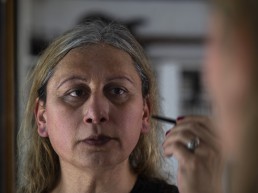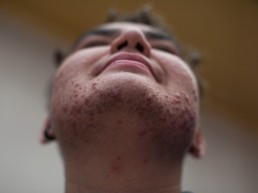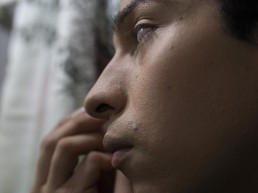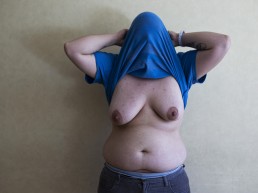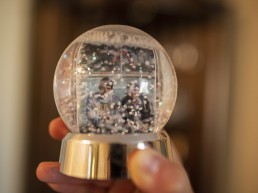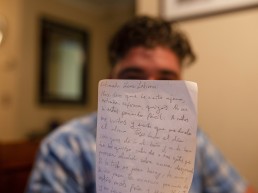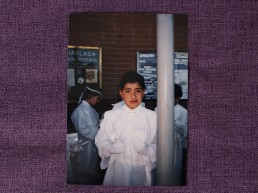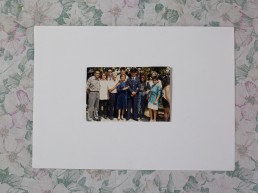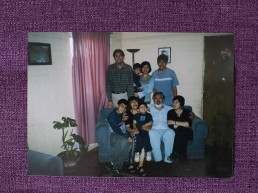About
Sexuality
In recent decades, the idea of a strict separation between sexuality and gender has become increasingly popular. While these two axes of our identities perhaps represent two different social realities, gender and sexuality are more closely related than has been historically theorized.
The close-knit relationship between gender and sexuality is due to so-called “compulsory heterosexuality” —the idea that everyone is heterosexual until they declare themselves otherwise— and the privatization of sexual desire.
With sex among the most taboo subjects in Western society, the only indication we have of someone’s sexuality is their gender expression. In other words, homophobia is rarely based on knowledge of someone’s true sexuality, but on a gender expression that communicates homosexuality due to its excess of masculinity or femininity in an unspecified body — for example, the figures of the loca and the camiona.
Cata:
So for me it was even more confusing because it said, “dammit, if I want to be a woman I would have to like men.” And then, like when I was in third or fourth year, I said “no, in reality women can also be lesbians.” And it kind of hit me, because in fact I also had a couple of classmates who were lesbians, and who were the subject of witch hunts at school until they were both expelled.
Because heterosexuality and binary gender are intimately linked within the “heterosexual matrix,” the lack of a particular romantic orientation often makes it difficult for trans people and their networks to understand trans identity for what it is. That is, due to the absence of an attraction to the “appropriate” gender, heterosexual trans people are often mislabeled as homosexuals.
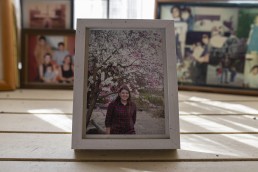
Feño:
I was transphobic with myself. I couldn't accept that I could be trans, because I didn't understand it well. I had only ever seen one documentary with a trans man, and I was still taking it on internally and felt ashamed. So instead I said that I was a lesbian.
The importance of the gender binary was violently enforced by the Pinochet regime, which was particularly invested in a “return” to the “traditional” Chilean family, a heterosexual couple in which the man worked and the woman raised the children.
Despite the Chilean Left’s almost total rejection of non-normative sexuality and gender identities during this period, the Right nonetheless painted the socialists as the party of homosexuals, rendering diverse and dissident people particularly easy and tantalizing targets once the regime gained control. In short, few on either side would have shed tears for a dead loca.
Luka:
Before knowing that I was trans, accepting it, I interpreted it as something else. Like all of this, the clothing that I wore or perhaps the masculine, more rebellious attitude, was like a breastplate or armor, because I was sexually abused and raped when I was 12. So perhaps for some psychologists, all my sexual confusion and identity was because of that.
It is because of this close relationship between gender and sexuality that trans people often first identify as homosexuals, since the conflict between their body (but not their gender identity) and the object of their desire creates the illusion of a homosexual attraction.




